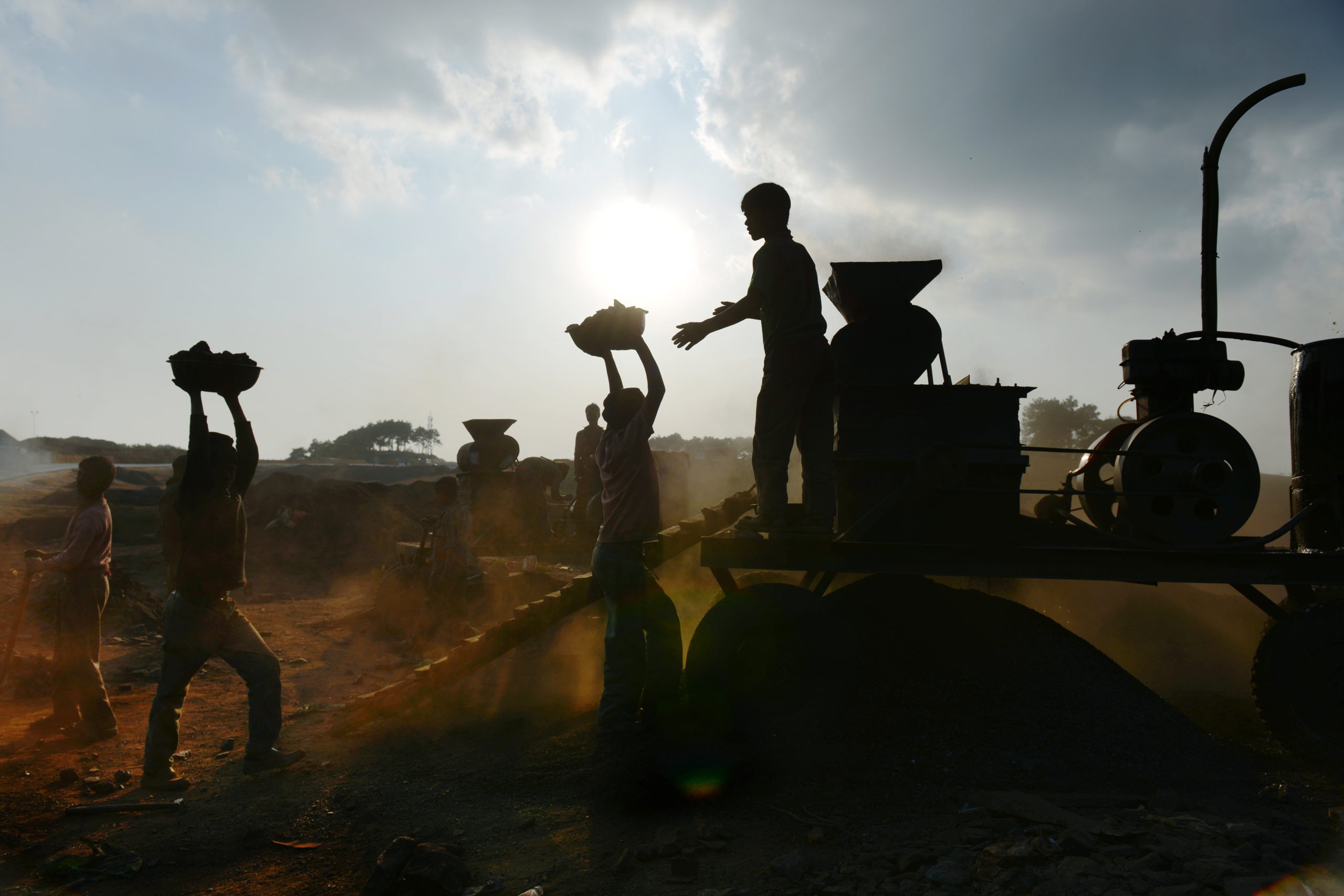India Nobel winner urges rescue for child workers trapped in virus lockdown
Many child labourers in India are trafficked into their jobs and kept confined to their workplace by their employers (ROBERTO SCHMIDT)
New Delhi (AFP) – Nobel laureate Kailash Satyarthi urged India on Friday to help rescue child labourers caught in the country’s coronavirus lockdown after a young girl died of exhaustion while walking back to her village.
Satyarthi shared the 2014 Peace Prize with Pakistani activist Malala Yousafzai for his lifelong campaign against illegal child labour.
But he said the risks to millions of vulnerable youngsters, pressed into work in India’s factories and plantations, were now so desperate that employers should be offered a temporary amnesty if they immediately release their underage workforce.
“Extraordinary situations call for extraordinary steps,” he wrote in a letter to Prime Minister Narendra Modi.
“I strongly feel that in order to save the lives of… children trapped in slavery and child labour across the country, this step is the only option left.”
India has more than 10 million child labourers, according to the country’s 2011 census.
Many are trafficked into their jobs and kept confined to their workplace by their employers.
Underage labourers are among the millions of migrant workers who lost their jobs overnight last month after India imposed the world’s biggest lockdown, prompting vast numbers of people to make arduous treks home with little money or food.
Satyarthi said he had been “deeply anguished” by the story of Jamlo Makdam, 12, who was one of at least 20 people that media reports said had died making that journey.
She had been trafficked to work at a chilli plantation in Telangana state but last week decided to return to her village around 150 kilometres (95 miles) away.
With transport halted by the lockdown, she walked for three days before collapsing, officials told local media.
Satyarthi said that in businesses around the country, owners had retreated to the safety of their homes after the lockdown was announced, while child labourers were kept on site and were not being provided food.
The strict lockdown was also preventing anti-child labour activists from attempts to check on their welfare, he said.
Disclaimer: Validity of the above story is for 7 Days from original date of publishing. Source: AFP.


